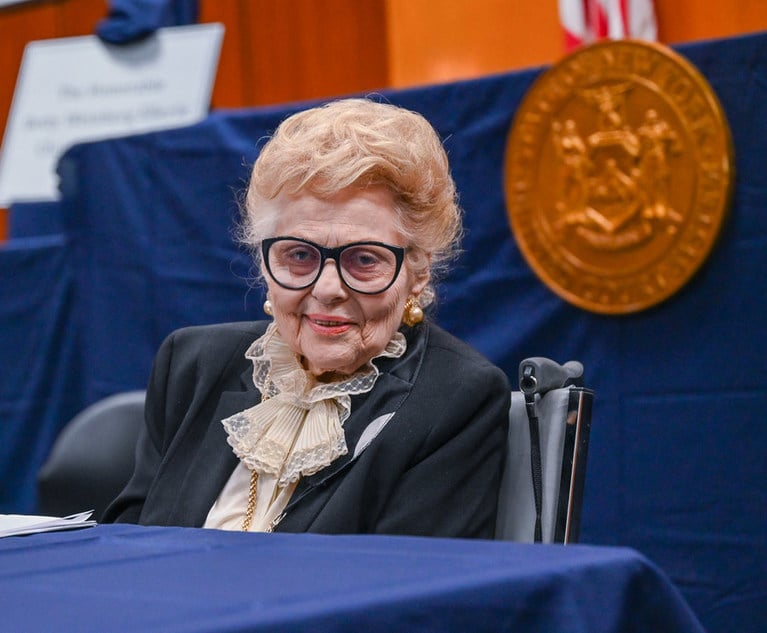Custody courts routinely rely upon the opinions of custody evaluators. Considering the significant impact of the custody decision on the future of the children who are the subject of these proceedings, nothing is more important than assuring that the evaluators’ opinions are in fact reliable. Not all of them are. Accordingly, evaluating the reliability of the methods that underlie the expert’s opinion is mission critical in these cases. This article will explore a current controversy pertaining to psychological testing that bears upon the reliability issue.
Reliability Is King (or Should Be)!
In 1993, the U.S. Supreme Court in Daubert v. Merrill Dow Pharmaceuticals (113 S.Ct. 2786 [1993]) rejected the unidimensional “general acceptance” approach to assessing the reliability of expert testimony that was established in Frye v. United States (293 F. 1013 [D.C. Cir 1923]). Daubert put forth a more exacting, direct, multi-factored protocol that has since been embraced by some 40 states in one form or another. New York is not among them.


 Photo credit: istock
Photo credit: istock




